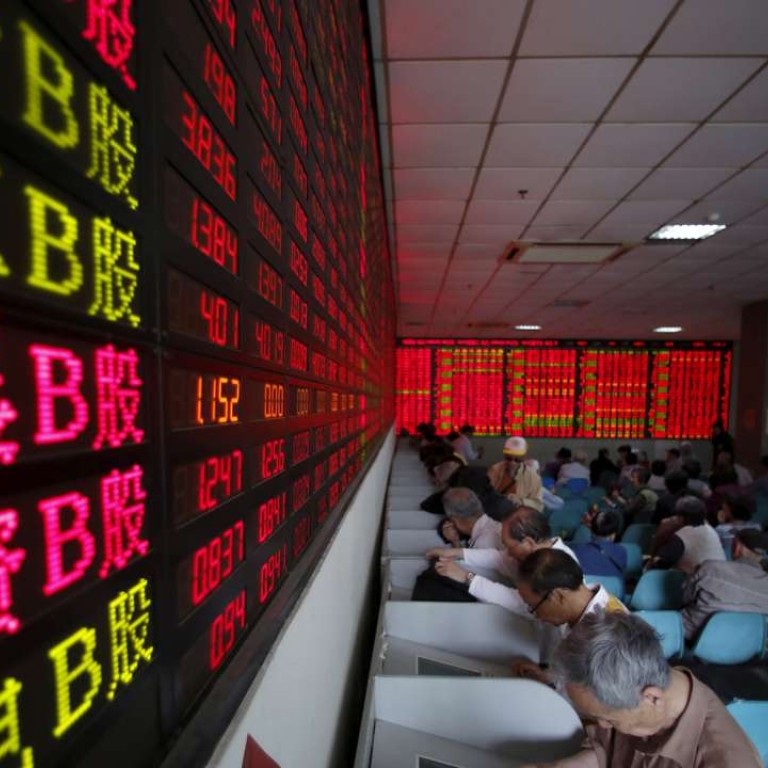
Why MSCI inclusion matters for China
If A-shares are included in the MSCI Emerging Market Index it will be a milestone in the opening up of the mainland Chinese equity market and will lead to increased capital inflows over the long term
June 15 will be a significant day for mainland Chinese stock markets – MSCI will decide whether to include A shares into its Emerging Market Index, after first considering the matter in 2014.
MSCI is a leading investment tool provider for institutional investors. Established in 1969, it boasts 97 out of the 100 top global investment managers as clients, with over US$10 trillion worth of assets tracking the MSCI’s indexes, according to MSCI’s website.
Inclusion in the index would be expected to help A shares attract overseas capital in the long term.
If approved, MSCI would include a 5 per cent market capitalisation of A shares into the Emerging Market Index in the initial stage, which could translate to a 1.1 per cent weighting in the index.
A small capital inflow of US$21 billion would automatically occur after any official inclusion, which would be one year after MSCI gives a “yes” in its annual review. The inflow makes up only 0.3 per cent of the market value of A shares, according to a research report by CICC.
China’s equity market, with a market value of US$6.3 trillion, is one of the world’s largest in terms of capitalisation. Once full inclusion occurs, its weight in the Emerging Market Index would be around 40 per cent, representing an inflow of US$360 billion, according to CICC.
More importantly, inclusion in the MSCI index would be seen as a milestone in the opening up of China and allowing it to take a bigger role on the global stage, JP Morgan global market strategist Ian Hui and market analyst Alvin Leow wrote in a report.
MSCI’s market classification framework considers three major factors: Economic development; size and liquidity; and market accessibility.
Low utilisation of the Hong Kong-Shanghai Stock Connect does not suggest high demand for China’s A shares so far
The lack of market accessibility has been a major factor that hindered A shares from being included in the MSCI Emerging Market Index, which currently covers 23 markets including Peru, Qatar and Thailand.
In the past year, Chinese regulators have been working to further open the market, with measures such as easing restrictions on use of the Qualified Foreign Institutional Investor (QFII) and RMB Qualified Foreign Institutional Investor (RQFII) systems. Authorities also restricted listed firms from suspending trading for more than three months as a way to increase capital mobility.
However, problems still linger, including anticompetitive issues since all financial products related to A shares still need approval from Chinese stock exchanges before launching.
Goldman Sachs estimates there is a 70 per cent chance of MSCI giving a nod to A shares in the coming review. Shanghai-based Z-Ben Advisors, an advisory service for fund managers, also said the chances of inclusion have become “very likely” recently.
Regardless, whether the A share market is alluring for foreign investors is not defined by MSCI inclusion itself.
“Active investors will move into markets when they see opportunities, but low utilisation of the Hong Kong-Shanghai Stock Connect does not suggest high demand for China’s A shares so far,” JP Morgan’s Hui said.

